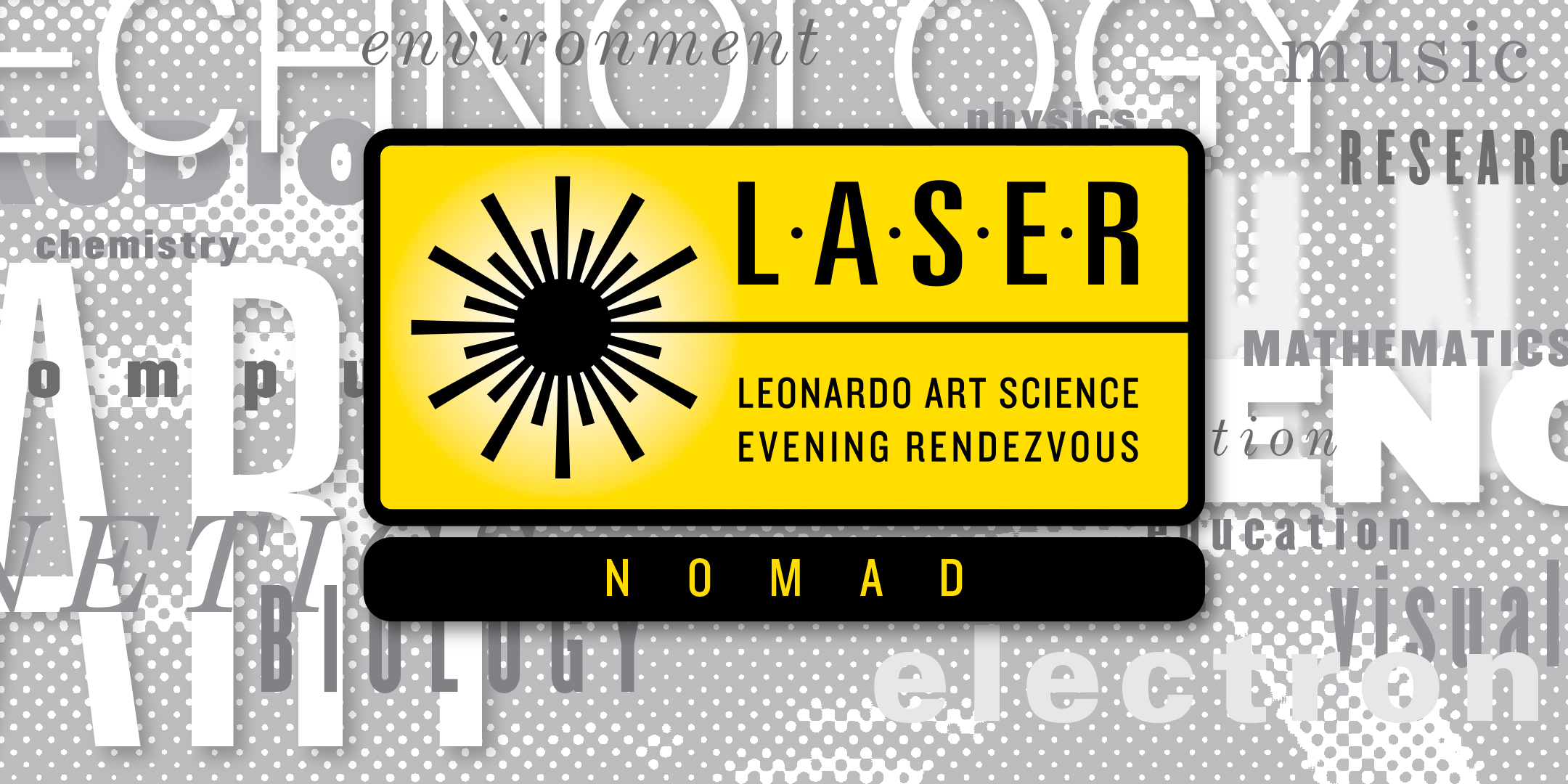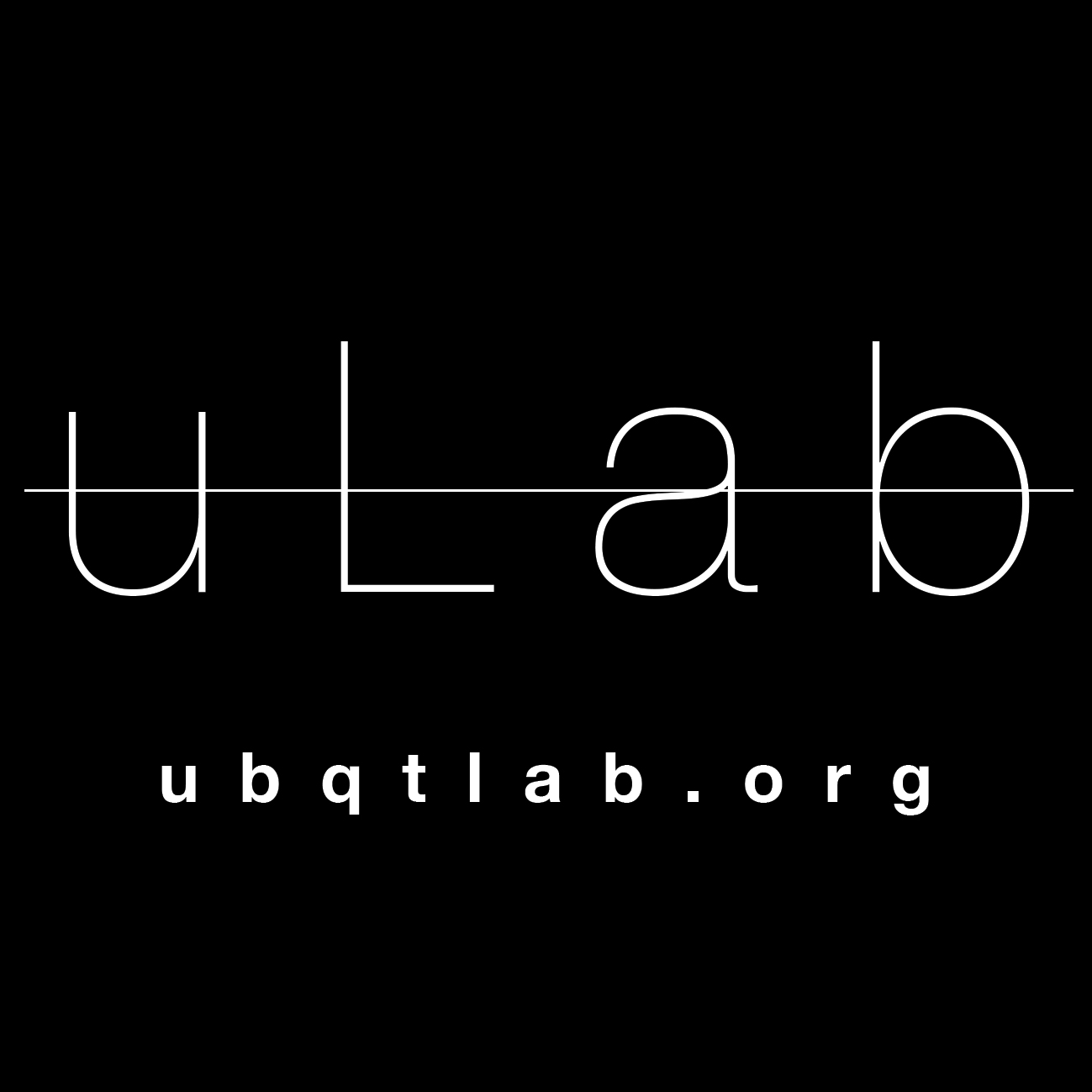Invisibility and Omnipresence
8:15 PM (GMT+2) 11:15 PM (PST)
Find your timezone here
We will explore the links between art and science through a new exhibition of Luca Forcucci, a talk and a concert. The 2020s of the 21st century have apparently wrecked our experience of the normality. Invisibility and Omnipresence refers here, among other possibilities, to organisms / parasites / viruses, perceptions (virtuality, augmented or not), social and territorial prejudices (racisms), or our biosphere for example. What are the major challenges waiting for us in such context ? What will be the new normality ? Where is the reality, is it a virtual construction ? Which is the role of consciousness in such context ?
Jeremy Narby
Indigenous people mention since a long time ago, the existence of an invisible world supporting the world we perceive, establishing it to a certain extent, and with which we needs to
negotiate. Science, on the other hand, tell us about DNA molecules and virus, which are actually visible, and influencing our life. We know now that all the living beings of the planet, including
viruses, are integrally part of the ecological web of the planet, and altogether we are part of a planetary mega entity fully interconnected: the biosphere. This delicate layer of life surrounding the planet is self regulated on multiple levels, but its scale is so broad that we struggle to perceive it. Could a dialogue between science and Indigenous knowledge extend our way of dealing with the world, and help us to conceive the biosphere too ?
Biography
In charge of Amazonian projects for « Nouvelle Planète », Jeremy Narby is an anthropologist, who
supports Indigenous amazonian people initiatives since thirty years.
Al Comet / Alain Monod / Mahadev Cometo
In dialogue/interview with Luca Forcucci about his career as a musician with The Young Gods,
his experiments with electronic music and lately his study in India of the sitar instrument. Moreover, Al Comet is a trained military pilot, who continues to fly.
Biography
Member of The Young Gods during more than twenty years, Alain has contributed to define the industrial sound of the 1980s. In 2014, Al Comet leaves the Young Gods et focuses his energies on his very own self development under the name Mahadev Cometo. Always looking for new sonorities, he studies classical music in Benares. and publish a sitar record in 2017. Today, with his new generation modular sampler, he works on the elaboration of a new sitar album more revolutionary that ever “ the futur is now”.
Isabella Pasqualini
The environment shapes our experience of space in constant interaction with the body. Architectonic interiors amplify the perception of space through the bodily senses; an effect also known as embodiment. The interaction of the bodily senses with the space surrounding the body can be tested experimentally through the manipulation of multisensory stimulation and measured via a range of behaviors related to bodily self-consciousness. Through the association of egocentric, first-person view of a dancer to a virtual point of view, the choreography creates a virtual architecture.
Isabella Pasqualini is an architect (ETHZ 2000) and a scientist with a PhD in architecture and cognitive neuroscience (EPFL 2012).
Biography
Her works explore the mutual and intimate relationship between body and space using immersive and interactive multimedia, with a particular interest in the multisensory enhancement of the user’s horizon. For her post-doc project Visual Touches, touching Views at the Center of Neuroprosthetics EPFL, she received the prestigious fellowship grant from the cogito foundation in 2013. Currently, she is a faculty member of the >> LeaV at the École Nationale Supérieure d’Architecture de Versailles and of the NAAD Master class at IUAV University of Venice. She has been a guest researcher at the Laboratory of Cognitive Neuroscience EPFL. Isabella has planned a new City in Angola and built a temporary bank building in Luanda. She is a scientific reviewer, and works as an expert for Innosuisse as well as other innovation platforms.
Bruno Herbelin
Our body is our anchor in the world. Neuroscience of bodily self-consciousness investigates how this primitive subjective experience emerges into consciousness and, thanks to recent developments using new technologies for evaluating the impact of artificially mediated disruptions of this subjective experience, is now providing the first pieces of evidence of its complexity and multisensory aspects. Virtual Reality is particularly suited for this experimental research on bodily consciousness but, in parallel, it follows a massive industrial development that neglects the impact it can have on our experience of the self. Self-body representation is, for technical reasons, simply ignored in most VR experiences, although in effect this means providing the user with the strong and uncanny experience of invisibility. What I question and propose to discuss here, is if it makes sense to consider VR as the ultimate technology of telepresence (and omnipresence) if in practice it abstracts us and removes our body from the world.
Biography
Bruno Herbelin is senior researcher in virtual reality and cognitive neuroscience in the laboratory of Prof. O. Blanke at the École Polytechnique Fédérale de Lausanne (EPFL, Switzerland). From 2012 to 2019, he was deputy director of the EPFL Center for Neuroprosthetics. From 2005 to 2009, he was Assistant Professor at Medialogy Department of Aalborg University, Denmark. He obtained his PhD from EPFL School of Computer and Communications in 2005 for his research work on virtual reality exposure therapy under the supervision of Prof. D. Thallmann (Virtual Reality Laboratory).
CHAIRED BY: Luca Forcucci

SPONSORS:

LASER (Leonardo Art Science Evening Rendezvous) Talks is Leonardo's international program of evening gatherings that bring artists and scientists together for informal presentations and conversations. LASER Talks were founded in 2008 by Bay Area LASER Chair Piero Scaruffi and are in over 30 cities around the world. To learn more about how our LASER Hosts and to visit a LASER near you please visit our website.
The mission of the LASERs is to provide the general public with a snapshot of the cultural environment of a region and to foster interdisciplinary networking.
La Chaux-de-Fonds, NE 2300
Switzerland
